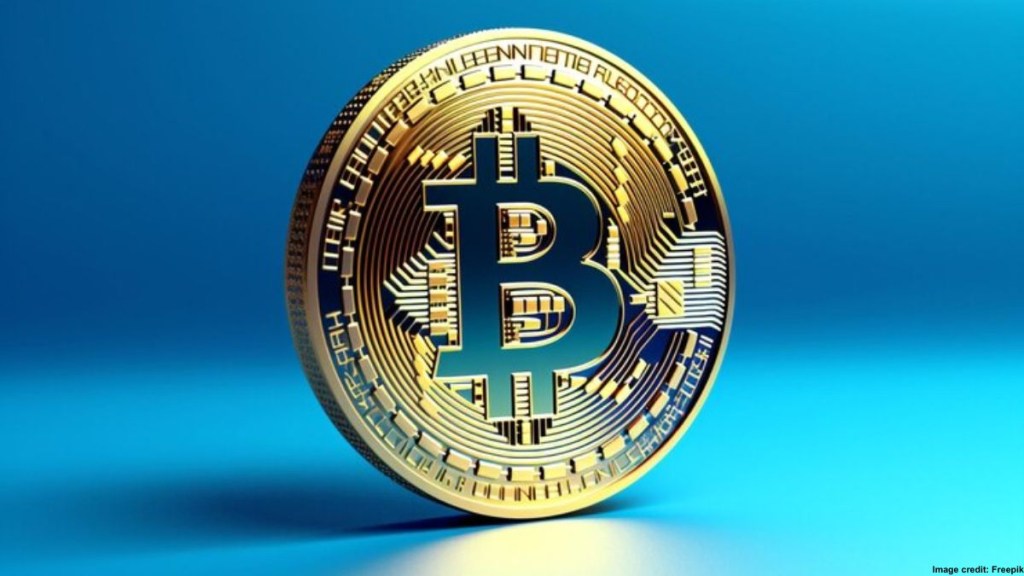A joint report by two agencies at the behest of Indian G20 Presidency on Thursday has cautioned against blanket bans on crypto assets to mitigate the risks associated with the sector, and recommended targeted restrictions and sound monetary policies.While raising concerns about the potential impact of cryptocurrencies on nations’ monetary policies, the paper suggested licensing crypto service providers and called for countries to implement the Financial Action Task Force’s (FATF) anti-money laundering and counter-terrorist financing (AML/CFT) standards in the sector.The paper, prepared by the International Monetary Fund (IMF) and the G20’s Financial Stability Board (FSB) said that an outright ban might not work, given the border-less nature of cryptos.
The collective recommendations provide comprehensive guidance to help authorities address the macroeconomic and financial stability risks posed by crypto-asset activities and markets, including those associated with stablecoins and those conducted through so-called decentralised finance (DeFi).Crypto assets have been in existence for more than a decade and have displayed significant volatility. Emerging in January 2009, shortly after the Global Financial Crisis, the value of crypto-assets has fluctuated dramatically with many episodes of sharp appreciation and subsequent steep price reversions. For example, in 2021, the total market value of crypto-assets grew 3.5-fold, and in the crypto-asset market turmoil that started in May 2022, the total market value shrank from a peak of $2.6 trillion to below $1 trillion.
“To protect monetary stability, crypto-assets should not be granted official currency or legal tender status,” the paper cautioned.Due to the risks and concerns about destabilising impacts on the international monetary system (IMS), central banks should also avoid holding crypto-assets in their official reserve assets, it said. Governments should minimise fiscal and operational risks in cases of official crypto asset use.“Tax policies should ensure the unambiguous tax treatment of crypto-assets, and tax administrations should strengthen compliance efforts,” it said.In the context of crypto-assets, an important part of the International Monetary Fund’s efforts would be assessing the macrofinancial and spillover risks on the IMS.India will seek consensus on the policy paper’s recommendations from the G20 leaders during their summit on Saturday-Sunday here.
While the joint paper describes how the policy and regulatory frameworks developed by the IMF and the FSB fit together, it does not establish new policies or recommendations. The FSB paper in July recommended regulatory authorities have adequate powers to regulate, supervise, and oversee crypto-asset activities and markets. The Reserve Bank of India has been in favour of banning cryptos due to the threats to financial stability.The paper contains an implementation roadmap for the crypto-asset policy frameworks. Detailed “test” data on crypto used in making payments will be available by the end of 2025. The IMF has been tasked to collect data. India had previously highlighted the need to have data on crypto before putting in place any laws controlling them.
IMF and World Bank to integrate recommendations for a comprehensive framework for cryptoassets as part of technical assistance and capacity building in 8-12 months. FATF support, guidance, and training will be provided for countries where implementation is lagging, publicly identify steps taken to implement the standard in jurisdictions with materially important crypto-asset activity








